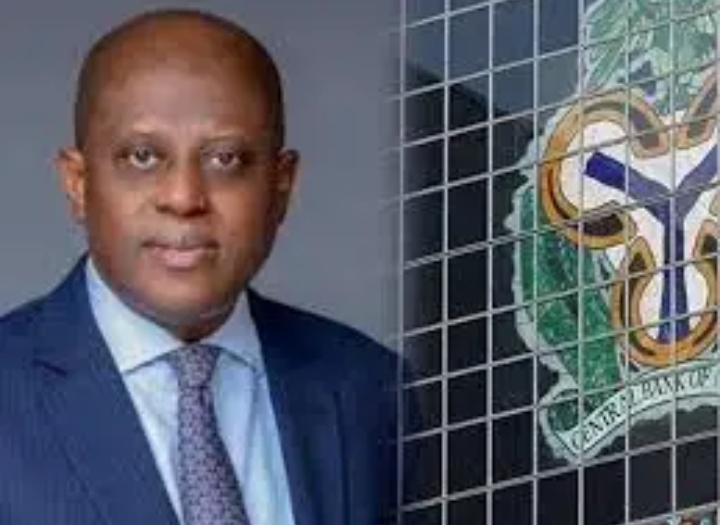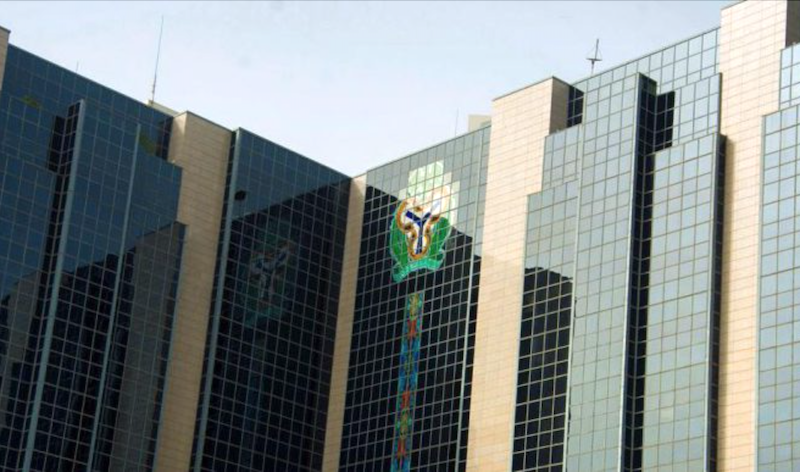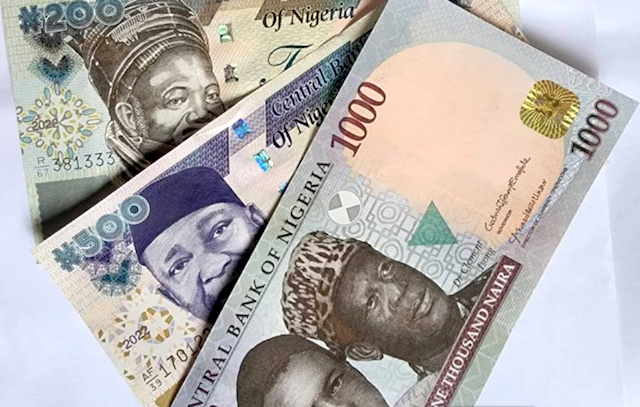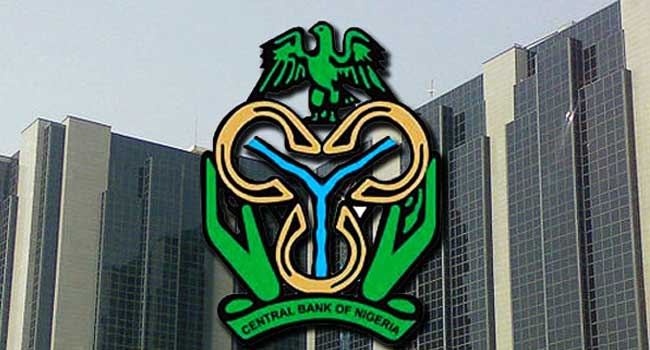The Central Bank of Nigeria (CBN) has admitted that Nigeria’s Deposit Money Banks (DMBs) are faced with both external and internal pressures but that they are “satisfactorily resilient” amid the pressures.
Mr Yemi Cardoso, the Governor of the CBN, said this on Tuesday in Abuja while presenting a communiqué issued at the end of the 298th meeting of the apex bank’s Monetary Policy Committee (MPC).
According to Cardoso, members of the MPC noted with satisfaction the continued resilience and stability of the banking system in spite of significant exogenous and endogenous headwinds.
“Key financial soundness indicators such as the Capital Adequacy Ratio (CAR), Non-Performing Loan ratio (NPL), and Liquidity Ratio (LR), amongst others, remain strong,” he said.
He, however, said that the CBN would maintain its close surveillance on the banking system to sustain compliance with regulatory thresholds and continued health of the industry.
He said that the MPC acknowledged the efforts of the CBN in deepening financial inclusion towards improving the transmission mechanism of monetary policy to enhance policy effectiveness.
Cardoso said that the MPC members were focused on the optimal policy choice to address the uptrend in price development, stabilise the exchange rate, and anchor inflation expectations appropriately.
According to him, data from the National Bureau of Statistics (NBS) showed that headline inflation
(year-on-year) rose to 33.88 per cent in October, from 32.70 per cent in September.
“On a month-on-month basis, it also rose to 2.64 per cent in October, from 2.52 per cent in the previous month. Both the food and core components contributed to the continued rise in headline inflation.
”Food inflation rose further to 39.16 per cent in October, from 37.77 per cent in September, while core inflation also rose to 28.37 per cent in October, from 27.43 per cent in September.
“The MPC, however, noted the moderation in the prices of farm produce and commended the efforts of the Federal Government in driving increased productivity in the agricultural sector,” he said.
He said that the recovery of output growth was sustained, with real Gross Domestic Product (GDP) (year-on-year) growing by 3.46 per cent in the third quarter of 2024.
“The growth is driven by both the oil and non-oil sectors, with a notable contribution from the services sector. The non-oil sector grew by 3.37 per cent in the third quarter compared with 2.80 per cent in the second quarter.
“The oil sector grew by 5.17 per cent (year-on-year), compared with 10.15 per cent in the preceding quarter ” he said.
He said that the external reserves rose marginally to 40.88 billion dollars as at Nov. 21 from 40.06 billion dollars at the end of October. According to Cardoso, the external reserves are available to finance 17 months of imports.
CBN continues monetary policy tightening, raises interest rate by 25 basis points
Meanwhile, the Monetary Policy Committee (MPC) of the Central Bank of Nigeria (CBN) has further raised interest rate by 25 basis points to 27.50 per cent from 27.25 per cent.
The Governor of the CBN and Chairman of the MPC, Yemi Cardoso, announced the raise on Tuesday in Abuja, while presenting a communiqué after the 298th meeting of the committee.
Cardoso, however, announced that the committee also decided to hold all other parameters constant.
The MPC, thus, retained the Cash Reserved Ratio (CRR) at 50 per cent for Deposit Money Banks (DMBs) and 16 per cent for merchant banks, retained the Liquidity Ratio at 30 per cent, and also retained the Assymetric Corridor at +500/-100 basis points around the MPR.
Cardoso said that the decisions were unanimously adopted by all 12 members of the MPC who were present at the meeting.
Tuesday’s decision is the sixth consecutive tightening of the MPR since Cardoso assumed office as CBN governor.
The first decision under Cardoso was an aggressive hike in the MPR by 400 basis points from 18.75 per cent to 22.75 per cent in February.
In March, the committee, again, increased the MPR by 200 basis points to 24.75 per cent, followed by subsequent hikes to 26.25 in May, 26.75 per cent in July, and 27.25 basis points in September.
Cardoso has, thus, raised the MPR by 875 basis points since he assumed office.
These decisions are aimed at combating inflation, stabilising the economy, and promoting economic growth.






